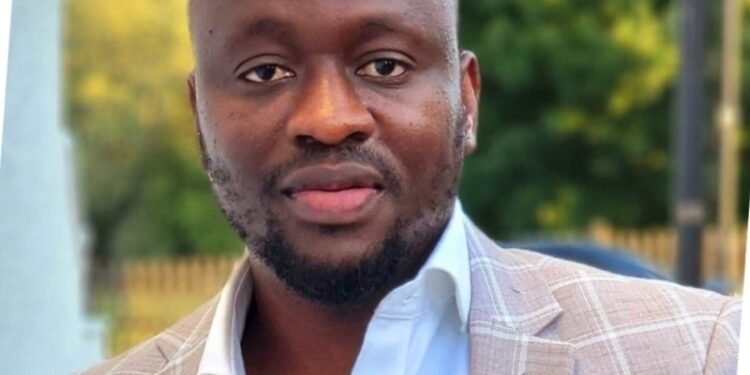Canadian megastar, Drake has set a new record for the male artists with the most NO. 1 hit on the Billboard digital song sales chart.
The hitmaker made history with the hit record ‘Nokia’ off his new joint album with PartyNextDoor. The song became Drake’s 15th NO. 1 chart-topper on the chart thus breaking the previous record of 14 hits he held with fellow Canadian megastar Justin Bieber.
Since the release of his recent album, Drake has been in a record-breaking mood. The album became his 14th NO. 1 album as a soloist which sees him tie the record for the most chart-topping Billboard 200 albums by a soloits set by hip hip icon Jay Z and Pop music megastar Taylor Swift.
‘$ome $exy 4 U’ is Drake’s first album since his iconic beef with Kendrick Lamar which resulted in the hit record ‘Not Like Us’ that became the subject of a lawsuit against Univeral Music Group.
In his petition against the label he is signed to, Drake accused the company of failing to stop the release of a song that contained injurious falsehoods about him.
He also claimed UMG used bots and other unethical means to inflate the Spotify streams of the song to make it more popular than it is.
2025 is expected to be a busy year for Drake who was recently announced as the highest-selling rapper of 2024 by IFPI.
The Canadian history-breaking artist is also the second best-selling artist of 2024 behind Taylor Swift who topped the list for the third consecutive year and fifth overall time.
Drake is the highest-ranking rapper ahead of Eminem who is NO. 8 and Kendrick Lamar who ranks at NO. 9 and with whom he had a high profile rap beef in 2024.
This is the 10th year Drake would be in the top 10 of IFPI’s global artist ranking list. It’s also the tenth time he will be the highest-selling rapper globally.
Drake’s Attorney Critiques UMG’s Motion

The legal tussle between rapper Aubrey Drake Graham and Universal Music Group (UMG) is now at a crossroads. Drake had sued the label for defamation promoted through Kendrick Lamar’s ‘Not Like Us’.
Last week, UMG filed a request to postpone a scheduled pretrial conference. However, Drake’s attorney sent a letter to the court, criticizing UMG’s request to halt the conference.
Attorney Michael J. Gottlieb submitted a four-page document, calling out the label’s legal team for repeatedly ignoring his attempts to schedule a conference. He also claimed that UMG had been aware of the legal issues involving the rapper since July 2024, giving them plenty of time to prepare.
Gottlieb urged the court to reject UMG’s request for a delay and insisted they stick to the original schedule. He argued that the label was intentionally stalling to bypass court procedures. As seen in a copy of the letter posted on Instagram.
“UMG is attempting to circumvent the Rules (as well as the local rules) by obtaining a stay of discovery without actually moving for one. UMG’s counsel has disclosed to Plaintiff’s counsel that UMG intends to file a motion to dismiss, and that UMG may well seek an extension of its deadline to make that filing (though UMG has not actually committed to either).”
Attorney Michael J. Gottlieb
Drake’s lawyer noted that the court should decline UMG’s stay request, as the request is allegedly a measure to explore its dismissal motion.
Moreover, Gottlieb has argued that UMG has neither moved to dismiss nor moved for a stay of discovery; hence, the stay order is inappropriate.

Gottlieb alleged that UMG promoted defamatory content against Drake through the Super Bowl 2025 halftime performance. He pointed out that legal rules do not automatically pause discovery while a motion to dismiss is pending.
As per the letter, courts typically grant such delays only under specific circumstances, such as when a claim is weak, discovery is excessively burdensome, or a delay would not harm the opposing party.
Additionally, he claimed that delaying discovery would cause harm to the plaintiff, as UMG allegedly continued spreading defamatory content, including during the 2025 Super Bowl halftime show, which reached millions of viewers.
He also raised concerns that a delay could result in the loss of key electronic evidence, especially from platforms such as texts, social media, and temporary messaging apps that do not automatically preserve messages.























